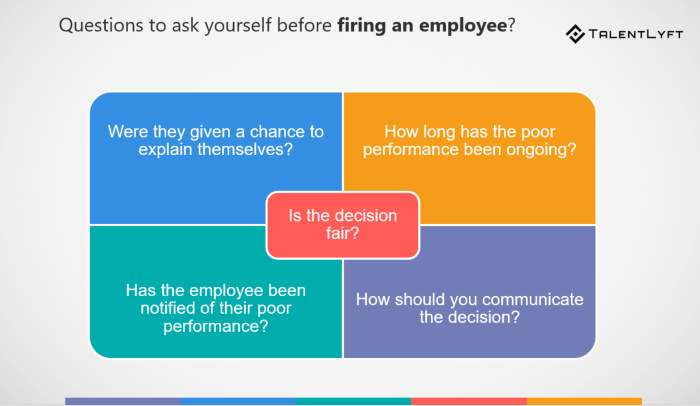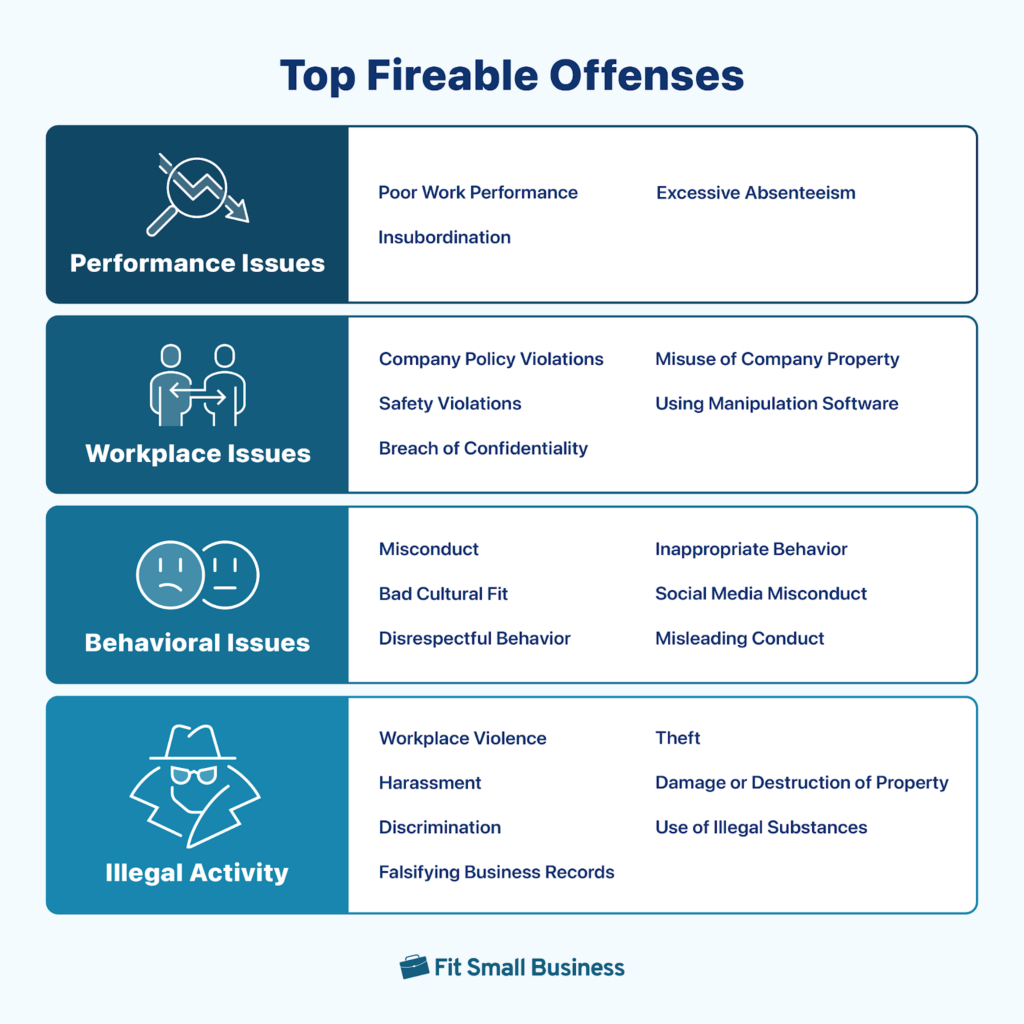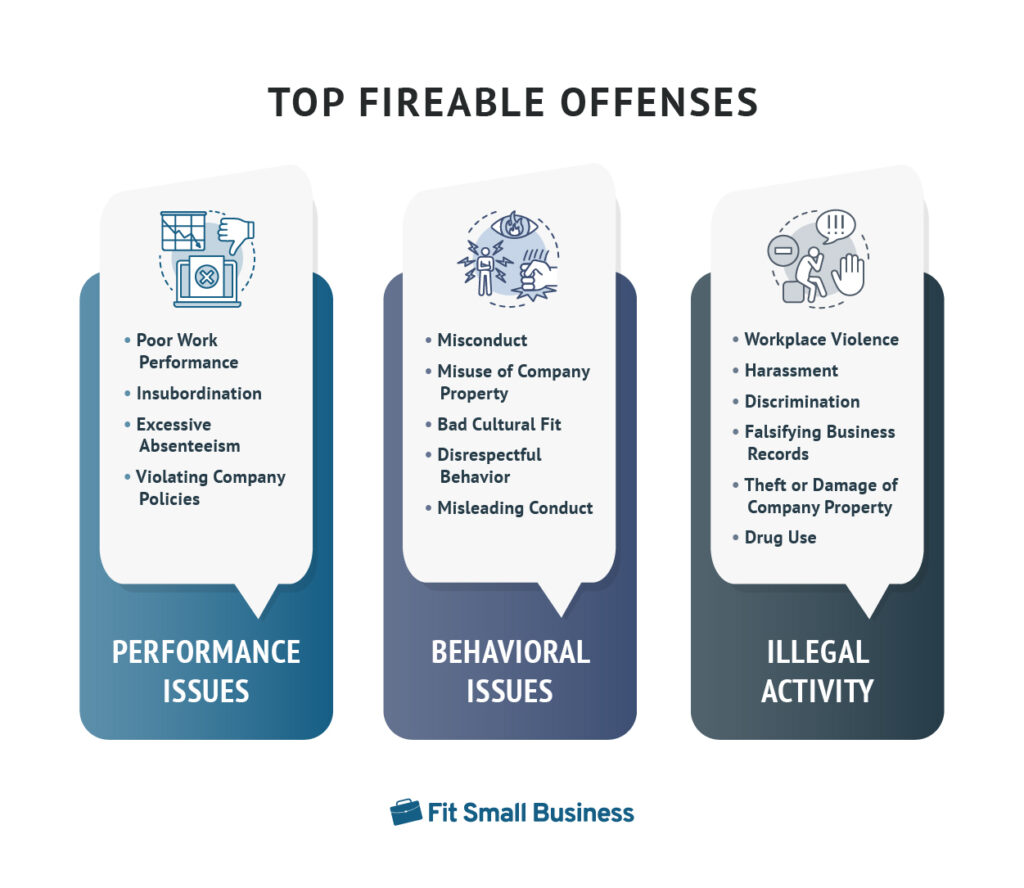Do I Need A Reason To Fire Someone
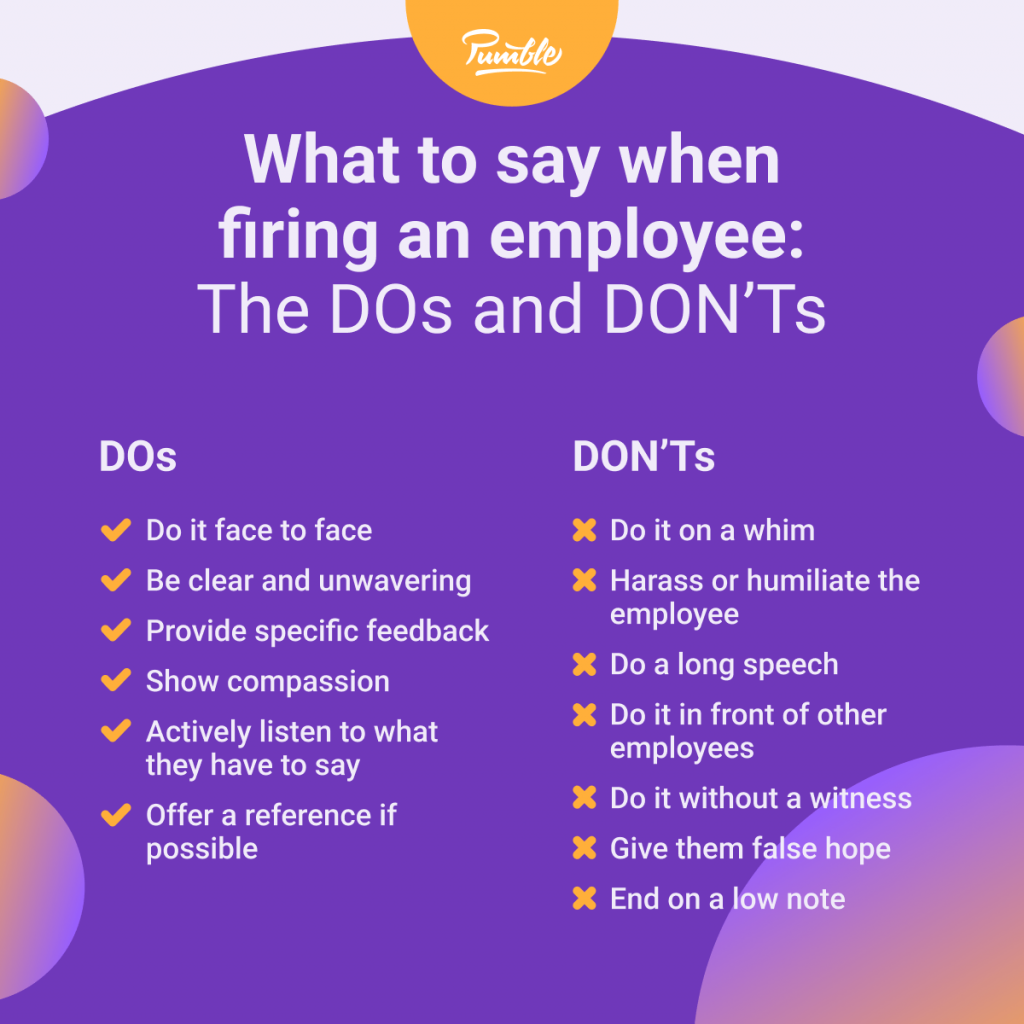
The abrupt termination of an employee can send shockwaves through a workplace, leaving both the departing individual and remaining staff grappling with uncertainty. The question of whether an employer needs a justifiable reason to fire someone is not merely a matter of courtesy, but a complex legal and ethical consideration that varies significantly depending on location and employment agreements.
Navigating the labyrinth of employment law requires understanding the nuances of "at-will" employment, contractual obligations, and potential grounds for wrongful termination lawsuits. This article delves into the legal landscape surrounding employee termination, exploring the rights and responsibilities of both employers and employees, and offering insights into mitigating risks associated with firing decisions.
At-Will Employment: The Prevailing Doctrine
In many jurisdictions, the principle of "at-will" employment reigns supreme. This doctrine dictates that an employer can terminate an employee for any reason, or no reason at all, provided the reason is not illegal.
Conversely, an employee is equally free to resign at any time. According to the National Conference of State Legislatures (NCSL), most U.S. states adhere to at-will employment as the default rule, barring specific contractual agreements or legal protections.
Exceptions to At-Will Employment
Despite the widespread prevalence of at-will employment, numerous exceptions exist that limit an employer's ability to terminate an employee without facing potential legal repercussions. These exceptions typically fall into several categories.
Contractual Agreements: Employment contracts, whether individual or collective bargaining agreements, often stipulate conditions under which an employee can be terminated. These contracts may require "just cause" for termination, outlining specific performance standards or misconduct that warrant dismissal.
Discrimination Laws: Federal and state laws prohibit discrimination based on protected characteristics such as race, religion, gender, age, national origin, and disability. Firing an employee because of any of these factors constitutes illegal discrimination.
The Equal Employment Opportunity Commission (EEOC) vigorously enforces these laws, investigating claims of discrimination and pursuing legal action against employers found in violation.
Retaliation: Employers cannot retaliate against employees for engaging in protected activities, such as reporting illegal conduct (whistleblowing), filing a workers' compensation claim, or participating in union activities. Terminating an employee for such actions can lead to a retaliation lawsuit.
Public Policy Exceptions: Some states recognize a public policy exception to at-will employment. This exception protects employees who are fired for refusing to violate the law, reporting illegal activities, or exercising a legal right or duty.
The Importance of Documentation and Due Process
Even in at-will employment states, employers are advised to maintain thorough documentation of employee performance, conduct, and any disciplinary actions taken. This documentation can serve as critical evidence in defending against potential wrongful termination claims.
Implementing a fair and consistent disciplinary process is also essential. While not legally required in at-will situations, providing employees with warnings and opportunities to improve performance can demonstrate good faith and reduce the risk of litigation.
Terminating an employee without any prior warning or explanation can create the impression of unfairness, even if the termination is technically legal.
Wrongful Termination Lawsuits
Employees who believe they were fired illegally may file a wrongful termination lawsuit. These lawsuits can be costly and time-consuming for employers, even if they ultimately prevail.
The burden of proof generally lies with the employee to demonstrate that the termination was unlawful. According to the U.S. Department of Labor (DOL), the specific requirements for proving wrongful termination vary by state and depend on the specific legal claims involved.
Mitigating Risks and Ensuring Compliance
To minimize the risk of wrongful termination lawsuits, employers should consult with legal counsel to ensure their termination policies and practices comply with all applicable laws. Regularly reviewing and updating employee handbooks, performance evaluation processes, and disciplinary procedures is crucial.
Employers should also train managers and supervisors on how to handle employee performance issues and terminations in a fair and legally sound manner. Seeking legal advice before terminating an employee, especially in complex or sensitive situations, is highly recommended.
Looking Ahead: Evolving Employment Laws
The legal landscape surrounding employee termination is constantly evolving, with new laws and court decisions emerging regularly. As societal values shift and employee rights gain increasing prominence, employers must remain vigilant in staying informed about the latest legal developments.
The rise of remote work and the gig economy are also creating new challenges for employers, requiring them to adapt their termination policies to these evolving work arrangements. By prioritizing compliance, fairness, and transparency, employers can navigate the complexities of employee termination while fostering a positive and productive work environment.

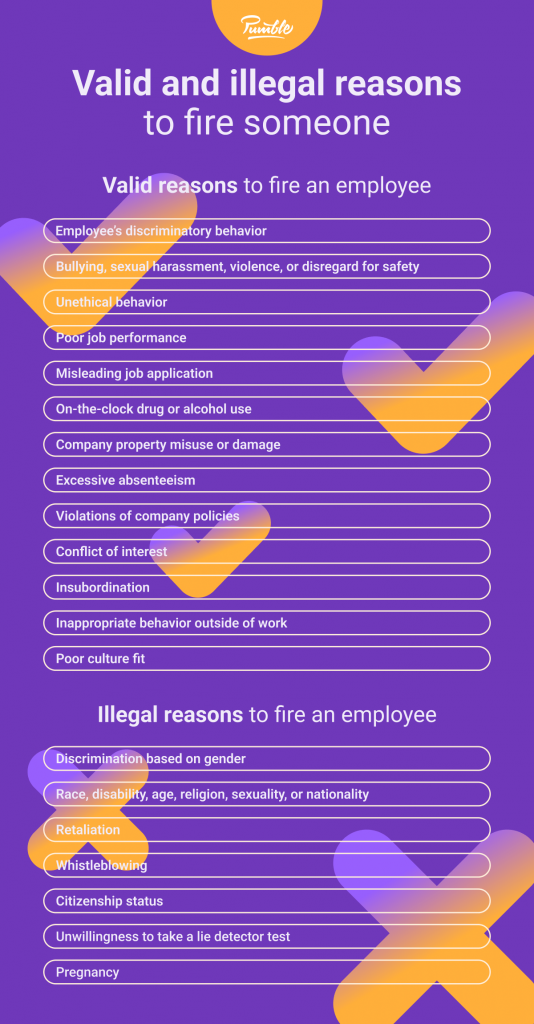
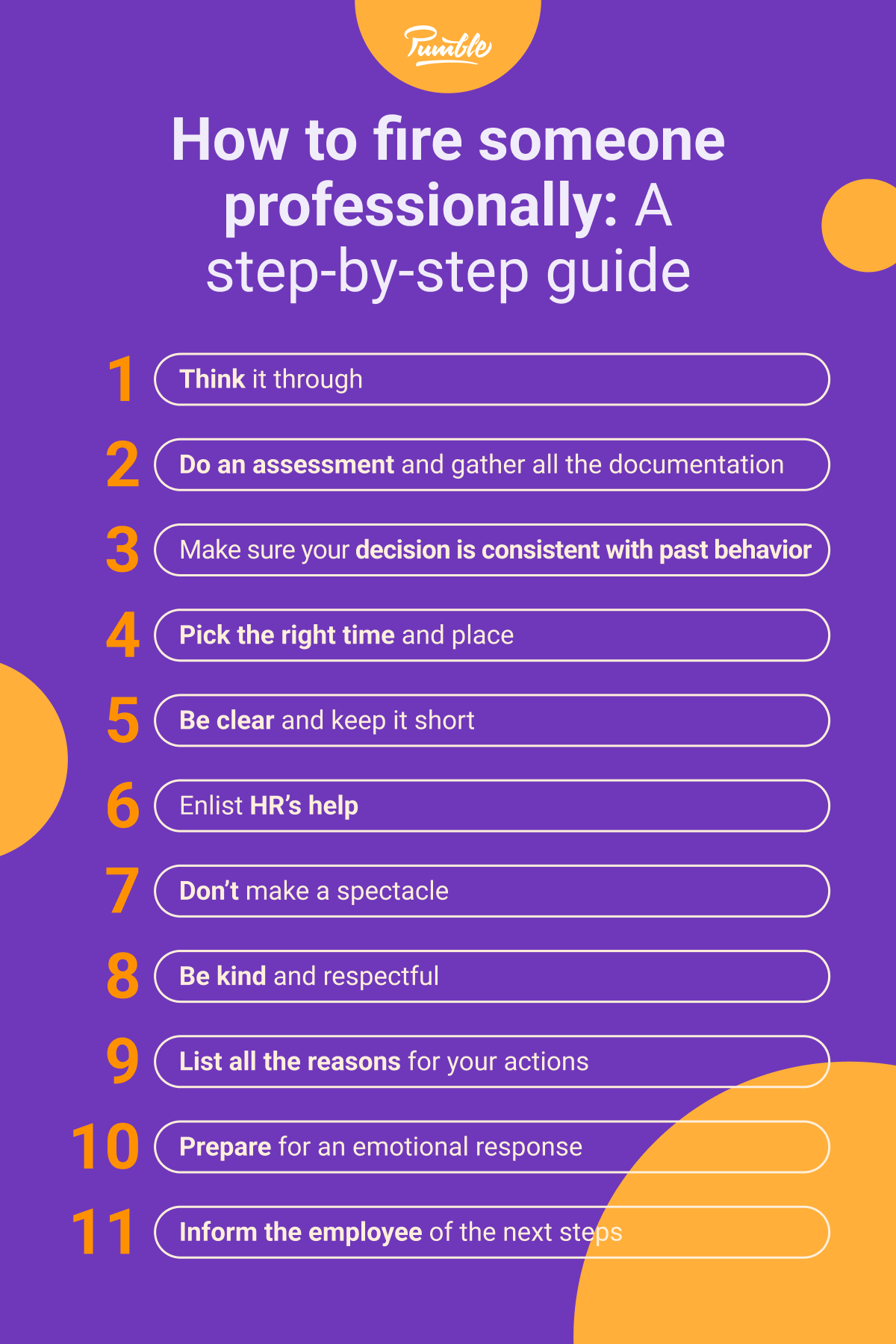


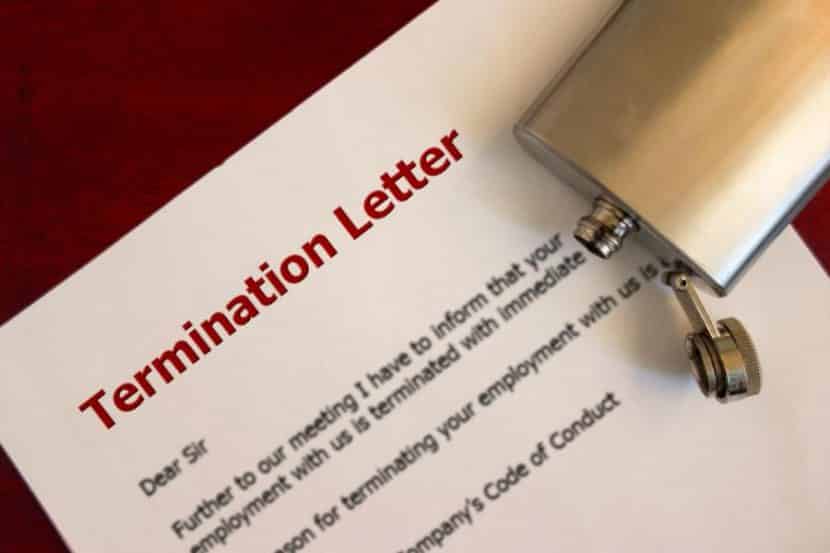

.jpg)
